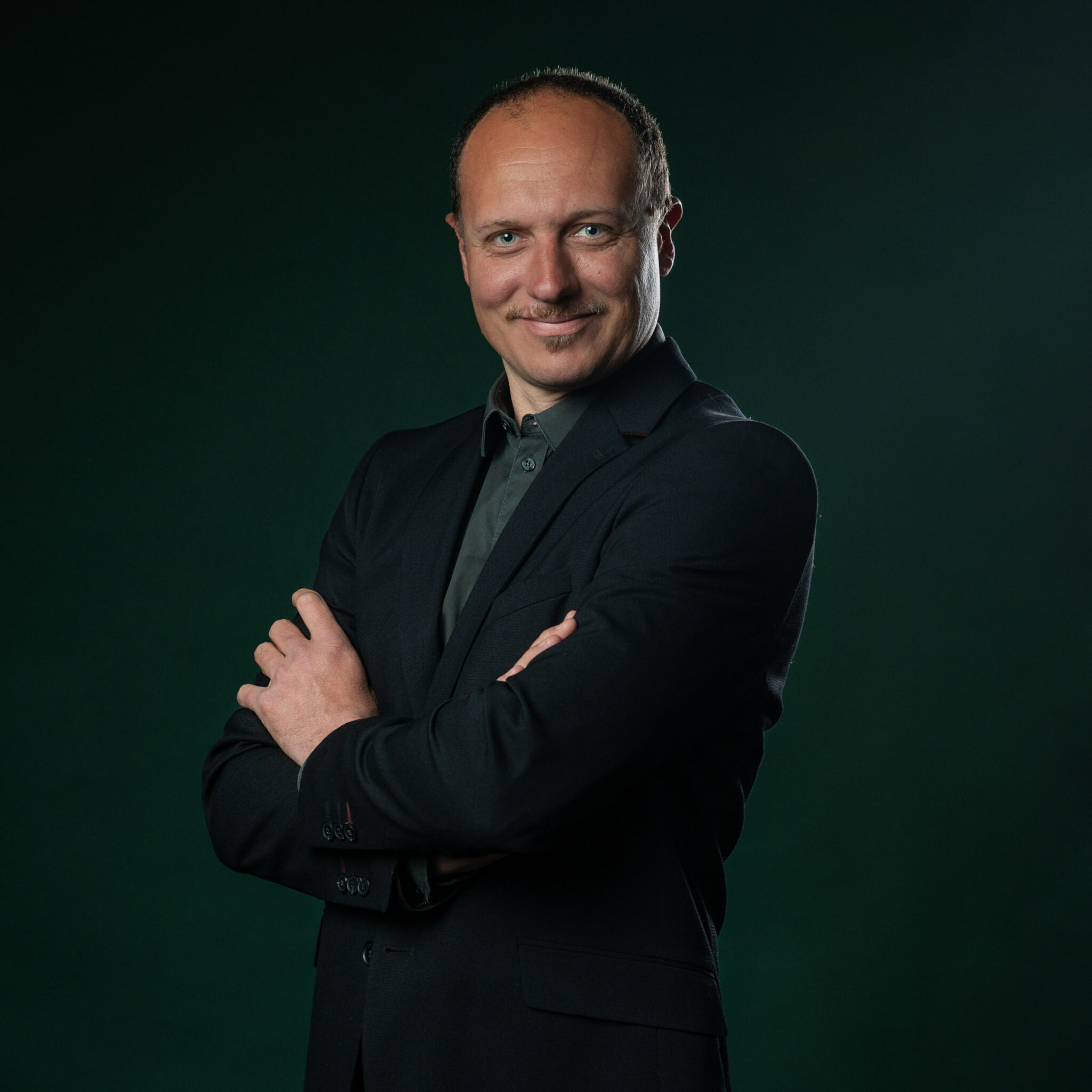Autoimmune diseases affect millions of people worldwide, inflicting the immune system to mistakenly attack the body’s own tissues. Common conditions like rheumatoid arthritis, lupus, multiple sclerosis, and type 1 diabetes fall under this category. Traditional treatments goal to manage symptoms and slow disease progression, but they not often address the foundation cause. Stem cell therapy has emerged as a promising different, providing potential regenerative and immunomodulatory effects that might transform how autoimmune ailments are treated.
Stem cells are unique in their ability to grow to be different cell types and repair damaged tissues. Within the context of autoimmune ailments, they are primarily valued for two capabilities: rebuilding damaged tissues and resetting the immune system. Mesenchymal stem cells (MSCs) and hematopoietic stem cells (HSCs) are the two essential types being studied and utilized in therapies. MSCs, often derived from bone marrow or fats tissue, have anti-inflammatory properties and may modulate immune responses. HSCs, found in bone marrow and blood, are utilized in transplants to regenerate the immune system.
One of the crucial promising features of stem cell therapy is its ability to « re-educate » the immune system. Autoimmune illnesses end result from an immune system that mistakenly targets healthy cells. Stem cell therapy might help by resetting this malfunctioning system. This is particularly relevant in therapies involving HSCs, the place high-dose chemotherapy is adopted by stem cell transplantation. The process essentially wipes out the prevailing immune system and allows a new one to develop from the transplanted cells—ideally without the same autoimmune triggers.
Clinical results have been encouraging. Patients with a number of sclerosis (MS) who acquired HSC transplants have shown reduced disease activity and in some cases, long-term remission. Equally, trials involving systemic lupus erythematosus (SLE) and Crohn’s illness have demonstrated symptom improvement and decreased reliance on immunosuppressive drugs. These results suggest that stem cell therapy not only alleviates symptoms but may change the course of the disease.
MSCs have also shown potential in treating autoimmune illnesses, though through a special mechanism. Instead of replacing the immune system, they release signaling molecules that reduce inflammation and modulate immune cell behavior. This approach may be particularly useful for folks with less aggressive disease or for whom immune suppression is risky. For instance, MSC therapy has been explored in rheumatoid arthritis patients, many of whom reported reduced joint pain and swelling after treatment.
Despite the promise, stem cell therapy is just not without challenges. The procedures might be complicated, costly, and are still largely considered experimental. There are risks related with immune suppression, particularly when chemotherapy is involved. Additionally, there isn’t a one-size-fits-all solution; what works for one autoimmune disease or patient could not work for another. Long-term data is still limited, and more research is required to completely understand the safety, effectiveness, and durability of those treatments.
Regulatory hurdles additionally play a role. While stem cell clinics are popping up world wide providing unproven treatments, many should not regulated, leading to concerns about safety and ethical practices. It’s necessary for patients to seek care from reputable providers and ensure any treatment is part of a legitimate clinical trial or approved medical protocol.
Still, the potential is significant. Stem cell therapy represents a shift from managing signs to probably resetting the immune system and altering the illness trajectory. As research advances and clinical data accumulates, this approach might grow to be a mainstream option for treating autoimmune diseases. For patients seeking more than just symptom control, stem cells could supply a new path forward—a path targeted on healing, not just managing.
If you beloved this report and you would like to obtain more info with regards to natural killer cells kindly check out our own webpage.

